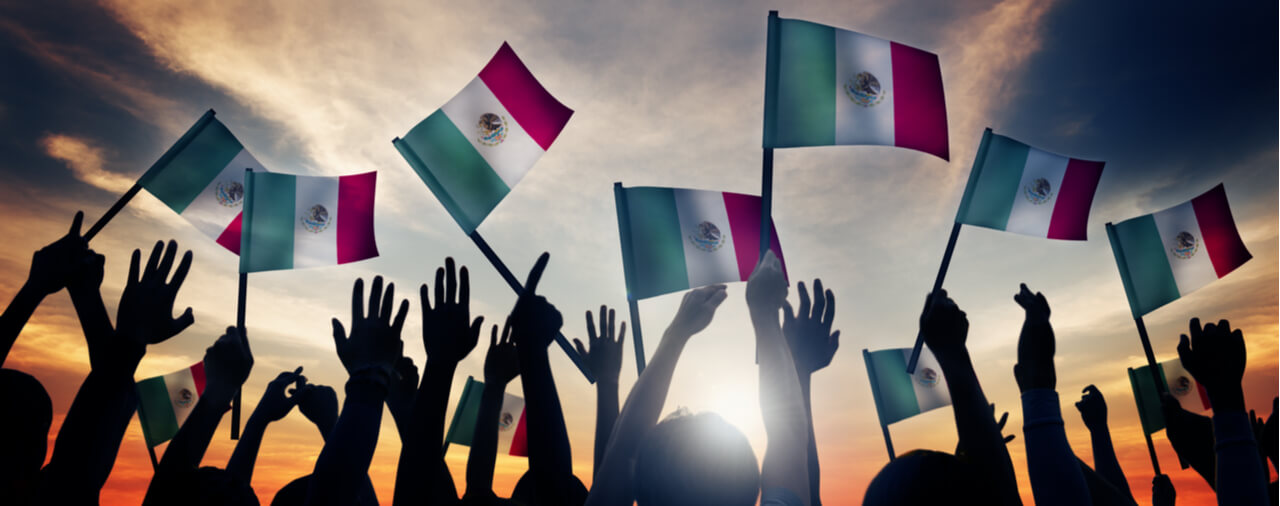Introduction
In advance of the December 23, 2015 deadline, nearly 100 Mexican nationals who were identified by the American Civil Liberties Union (ACLU) sought relief under the settlement agreement reached in Lopez-Venegas v. Johnson, No. CV 13-03972-JACK (PLAx), (C.D. Cal, Mar. 11, 2015) [PDF version]. The settlement agreement was available to qualifying individuals who accepted voluntary return in Southern California between June 1, 2009 and August 28, 2014. In this post, I will receive the settlement agreement and the news about its outcome for qualifying individuals.
Background
In June of 2013, the ACLU filed a class action lawsuit against the Department of Homeland Security (DHS) on behalf of three immigrants’ rights organizations and eleven individuals who had accepted “voluntary return” to Mexico in lieu of being subject to immigration proceedings. The lawsuit alleged that San Diego border patrol agents had systematically failed to inform individuals of the potential adverse immigration consequences of accepting voluntary return, namely that it may subject individuals to the 3 and 10-year bars of inadmissibility [see article] under section 212(a)(9)(B) of the Immigration and Nationality Act (INA). On August 8, 2014, the plaintiffs reached a class action settlement agreement with DHS [see PDF] which was finalized on March 11, 2015.
The Lopez-Venegas v. Johnson Settlement Agreement
The scope of the settlement agreement was limited to Southern California. DHS agreed to make reforms to the voluntary return system in Southern California, and agreed to monitoring by ACLU attorneys through 2017. These changes were designed to ensure that individuals are fully apprised of the consequences of accepting voluntary return.
Secondly, the settlement agreement designated a limited class of individuals who had accepted voluntary return to Mexico in Southern California between June 1, 2009 and August 28, 2014. The requirements for qualifying as a class member are as follows (paraphrased from the final judgment):
- a. Based on the facts as they existed at the time of his or her Qualifying Voluntary Return, the Individual:
- (i) Must have last entered the United States before his or her Qualifying Voluntary Return with inspection, and must have at the time satisfied the non-discretionary criteria for submitting an approvable adjustment of status application based on a bona fide immediate relative relationship (under section 201(b)(2)(A)(i));
- (ii) Was the beneficiary a pending Form I-130, Petition for Alien Relative, based on a bona fide family relationship, which was either pending or approved at the time of the Qualifying Voluntary Return;
- (iii) Satisfied the non-discretionary criteria to apply for cancellation of removal under section 240A(b) [see article]; or
- (iv) If his or her Qualifying Voluntary Return occurred on or after June 15, 2012, and he or she satisfied the non-discretionary criteria for relief under DACA [see blog].
Furthermore, an individual applying for relief as a class member must be physically present within Mexico at the time of the application. He or she must be inadmissible under section 212(a)(9)(B) of the INA due to the Qualifying Voluntary Return (unless he or she is seeking class membership under (a)(i)).
If an individual returns under the settlement agreement, it will be as if he or she had never accepted voluntary return. However, this does not guarantee that the individual will ultimately be able to adjust status and remain in the United States.
As part of the agreement, the government created a website providing notice of the settlement (www.salidavoluntariaacuerdo.com).
Outcome
Although the ACLU reportedly initially estimated that thousands of individuals may be eligible for relief, the number it ultimately identified was much smaller. The ACLU explained that this “reflects the high bar to qualify” as a class member under the agreement.
While the settlement agreement was limited in scope to Southern California, the facts of that led to the litigation show why it is crucial for an alien who is placed in the custody of immigration officials to request immigration counsel immediately. Immigration law is highly complex, and an individual should not assume that immigration enforcement agents will explain things such as the potential consequences of voluntary return. However, an immigration attorney’s job is to protect the interests of his or her client. An experienced immigration attorney will be able to carefully study the situation before explaining the various options that may be available to his or her client.





